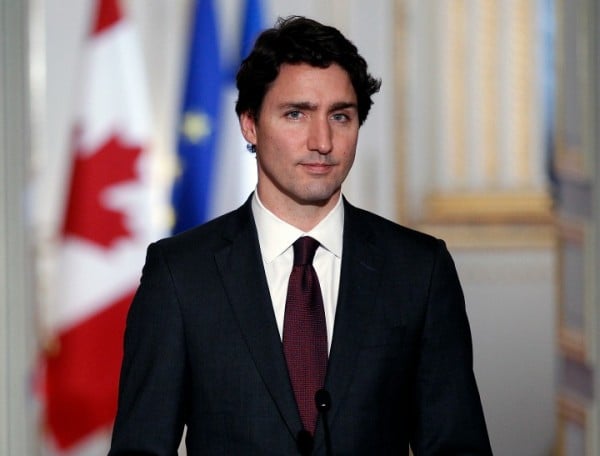
By freelance contributor Susan Delacourt in Ottawa.
A couple of centuries ago, Benjamin Franklin wrote that death and taxes were the only certain things in this world — perfectly capturing the dual pressures now bearing down on Canada’s new government.
Not only must Prime Minister Justin Trudeau and his ministers come up with their first budget by the end of this month, but the Liberal Government is also being forced to produce a law in the next few weeks to permit medically assisted death.
The deadline for an assisted-death law comes from Canada’s Supreme Court, which ruled in January that the country’s parliament had to have legislation passed and in force by June.


